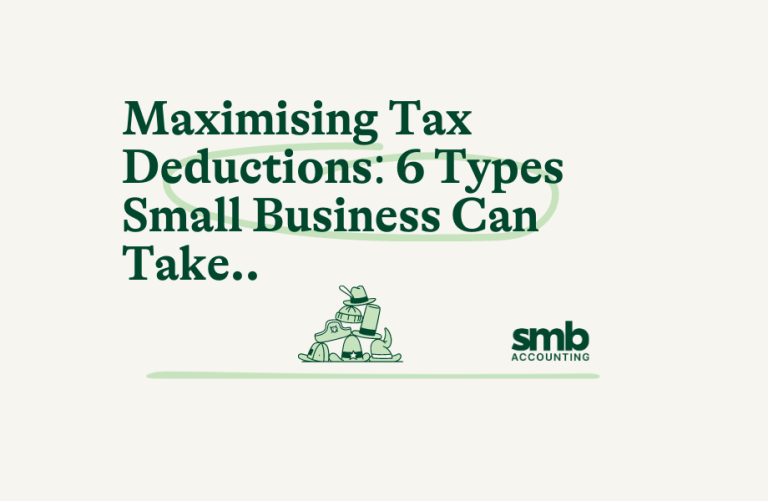Choosing the right accounting software is crucial for the efficiency and success of a small business. It’s about more than just numbers; it’s about finding a solution that can simplify operations, enhance financial accuracy, and provide insights that drive business growth. With a plethora of options available in the market, each promising a range of features and integrations, making an informed decision can be quite overwhelming. That’s why we’ve taken it upon ourselves to dissect the nuances of today’s leading platforms, helping you understand what makes each tool unique and suitable for different business needs.
In our exploration, we will delve into the key features most beneficial for small businesses, from automation capabilities to compliance with financial regulations. It’s important to us that our clients and readers can distinguish between essential elements and those that are nice but not necessary. Following that, we’ll provide a detailed comparison of top accounting platforms, closely examining how they stack up against each other in real-world scenarios. We also consider the integration and compatibility aspects, ensuring that whichever tool you lean towards aligns seamlessly with the other technologies you already use. Ultimately, our goal is to equip you with the knowledge to evaluate the cost versus benefits, making a choice that meets your current requirements and supports your business as it grows.
Key Features to Consider in Accounting Software for Small Businesses
When we dive into selecting accounting software for small businesses, several critical features must top your checklist to ensure you get the greatest value from your investment. Foremost, automation stands out as a thrilling advantage. Automation in accounting software aids in reducing manual tasks drastically, such as entry of transactions and reconciling bank feeds, freeing up precious time for strategic tasks. Another non-negotiable feature is real-time reporting. This feature provides you with the advantage of accessing financial data promptly, which is crucial for making informed business decisions quickly.
Furthermore, multi-user access is essential as it facilitates collaboration among team members or external accountants, allowing different users to access financial data securely and efficiently when needed. Cloud-based technology also ranks high on the list, offering flexibility and accessibility – a vital aspect in today’s mobile-driven world. Ultimately, compliance features that help meet local tax laws and financial regulations effortlessly should infuse any selection process, ensuring that your business aligns with necessary legal standards without extensive manual intervention.
Detailed Comparison of Top Accounting Platforms
In evaluating top accounting software platforms, it becomes apparent that not all solutions are created equal, and the right choice can differ significantly depending on the specific needs of a small business. Let’s consider Xero, QuickBooks Online, and MYOB, three popular choices among small businesses.
Each of these platforms offers robust features, but they cater to different needs. Xero shines with its user-friendly interface and extensive integration options with other business systems, making it an outstanding choice for those who value simplicity and seamless connectivity. Xero’s strong compliance tools make it particularly appealing in the Australian context, where adhering to ATO regulations is crucial.
On the other hand, QuickBooks Online offers excellent customisation options, which can be a boon for businesses looking to tailor their accounting experiences. Its detailed reporting functionality allows small businesses to generate insightful, custom reports that help in better understanding financial performance.
Lastly, MYOB stands out for its more extensive native payroll processing capabilities, which are ideal for businesses with a significant need to manage employee finances in-house. MYOB also offers exceptional offline capabilities, which can be critical for businesses operating in remote areas with unstable internet connectivity.
Choosing between these platforms involves weighing which features align best with your business’s operational needs and future growth aspirations. Each platform brings distinctive benefits, and the optimal choice must align with your business’s specific requirements and budget constraints.
Integrations and Compatibility: Which Software Works Best with Your Existing Tools?
Choosing the right accounting software for our small business isn’t just about standalone features; it’s also crucial to consider how well the software integrates with the other tools we already use. Seamless integration between platforms can dramatically enhance efficiency and ensure that our systems communicate effectively, removing the need for manual data transfer and reducing the potential for errors. For instance, it would be advantageous if our accounting software could integrate directly with our point-of-sale system, customer relationship management (CRM) tools, and payroll services.
We always recommend that small businesses ensure their selected accounting software can effortlessly sync with their current business tools. This includes checking compatibility with bank feeds, electronic payment systems, and even tax preparation services. By ensuring these integrations are in place, we can automate much of the data entry process, ensuring our financial reports are always up-to-date and accurate.
Making the Decision: Evaluating Cost vs. Benefit for Small Business Accounting Software
When it comes to choosing the right accounting software, it’s crucial for us to weigh the cost against the potential benefits. It’s tempting to opt for the most inexpensive option, but this might not always be the best financial decision in the long run. We consider whether the features offered by the software will save enough time and provide the analytical capabilities to justify the investment. For instance, features like automated billing and advanced financial reporting can seem luxurious but can save considerable amounts of time and provide deep insights into our business’s financial health, which could help us make better business decisions.
Moreover, some software solutions offer scalability, which is essential as our business grows. Investing in a system that grows with our company means we won’t need to implement a new system every few years. Additionally, considering the support services provided by the software company, like customer support hours and resources for troubleshooting, can be crucial for our business operations to run smoothly.
As we navigate these considerations, it’s important for us to plan not just for our current needs but for our future goals and potential business growth. This strategic approach ensures we select a system that is both cost-effective and beneficial for the long-term success of our business.
Conclusion
Selecting the right accounting software is a key decision that will impact the efficiency and scalability of our operations. It’s about finding a balance between comprehensive functionality and overall cost-effectiveness, ensuring the software integrates seamlessly with other tools we use and supports our business’s growth trajectory. At SMB Accounting, we understand the significance of this decision and are here to help ensure you choose the software that best fits your needs, both now and in the future. If you need personalised advice on selecting the right accounting software, contact our team of accountants on the Sunshine Coast today—we’re here to help guide you through every step of the process.




